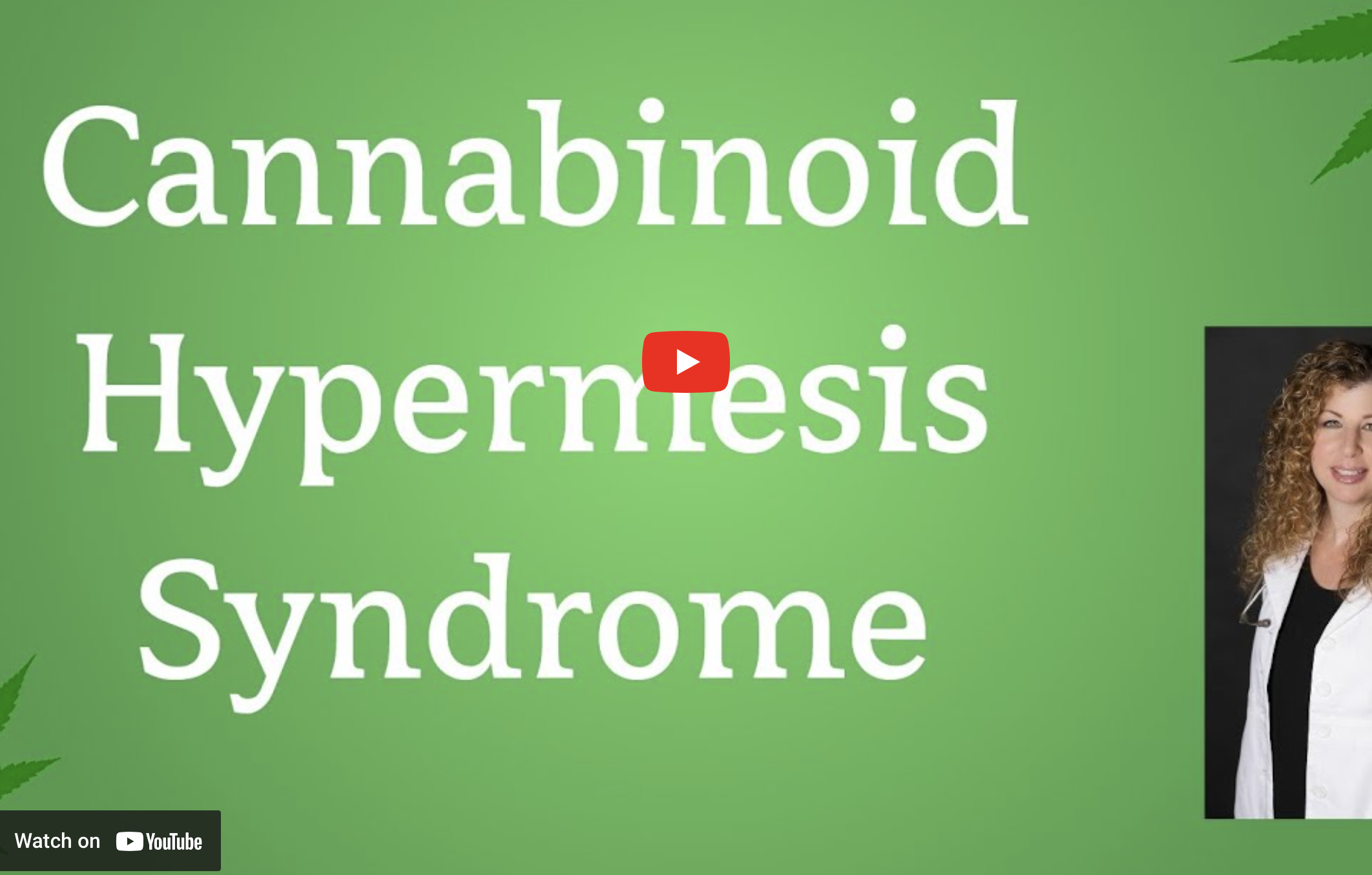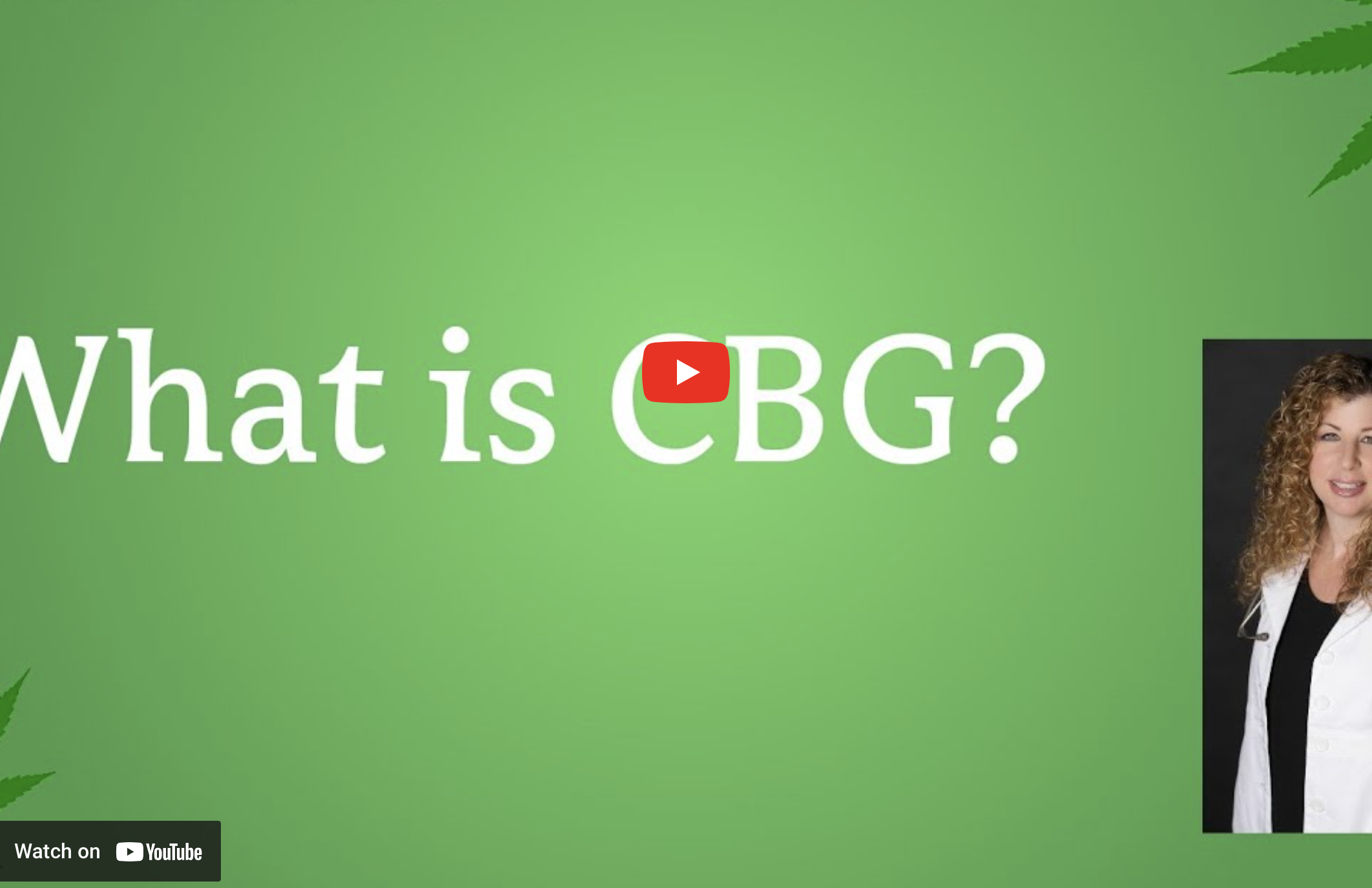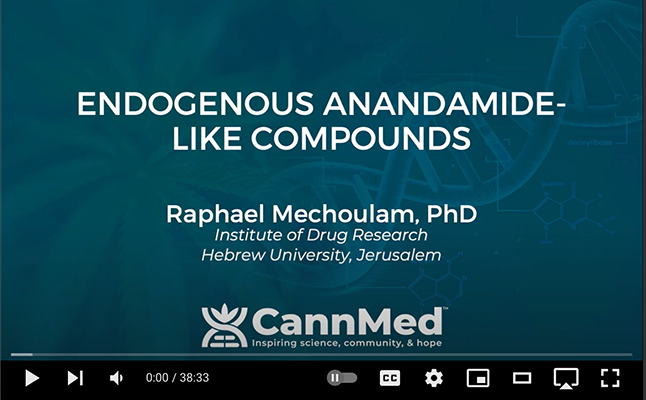
Whole Plant Access for Autism (WPA4A) is a 501(c)(3) nonprofit that works to educate families all over the world about the possible benefits of cannabis for those on the autism spectrum. WPAA runs a large support group and many of the families they work with either do not want to use pharmaceuticals or have tried multiple pharmaceuticals with little or no success in treating some of the most difficult symptoms of autism, such as self-injury, aggression towards loved ones, severe insomnia, cognitive impairment, and communication difficulties.
WPAA believes that education is key to helping families find success with cannabis for autism symptom management. Working with like-minded organizations and doctors, WPAA works to bring awareness to others about alternatives that can help so many.
Rhonda Moeller and Jenni Mai are the co-founders of Whole Plant Access for Autism and are our featured guest speakers. They will discuss the wonderful work their doing and point audience members towards research and resources available.



